Climate Leap Fails to Maximize Climate Benefit
A SVT (The Swedish public service broadcaster) review shows that the Swedish government’s climate leap (Klimatklivet) funds the least effective climate projects.
The sectors receiving the highest support from 2015 to the first half of 2023 are as follows:
Biogas: SEK 3.9 billion, with a climate benefit of 2.3 kilos of reduced emissions per SEK .
Energy conversion: SEK 2.6 billion, yielding a climate benefit of 2.9 kilos per SEK .
Waste: SEK 1.5 billion, providing a climate benefit of 8.9 kilos per SEK .
Charging stations: SEK 1.2 billion*, offering a climate benefit of 1.8 kilos per SEK .
Energy efficiency improvement: SEK 971 million, with a climate benefit of 5.7 kilos per SEK .
Infrastructure: SEK 369 million, showing a climate benefit of 4.11 kilos per SEK .
Measures to reduce harmful gas emissions: SEK 69 million, demonstrating a climate benefit of 9.5 kilos per SEK .
As can be seen, biogas, energy conversion and charging stations tend to receive a significant portion of the funding, despite providing the lowest climate benefit per SEK.
Charging poles show the lowest impact, providing only 1.8 kilos of emissions reduction per krona. Despite this, a large part of the issued funding are directed towards charging pole projects, with a total investment reaching SEK 1.2 billion.
As outlined in the SVT report, the most efficient use of funds for emissions reduction is in targeting harmful gases. Mitigating the emissions of these gases achieves a significantly higher impact at 9.5 kilos of emissions reduction per SEK. Despite this, only SEK 69 million has been invested in this sector.
In light of these findings, it becomes crucial to explore and invest in solutions that target emissions reduction of harmful gases. At Medclair, we are specialized in providing effective solutions for destruction of nitrous oxide, a potent greenhouse gas. Nitrous oxide destruction can significantly contribute to achieving the emission reduction goals, aligning with a more efficient use of the funds outlined in the report.
Medclair is ready to tackle the emission challenges head-on, the question is, are you?
You can read SVT’s report here.



